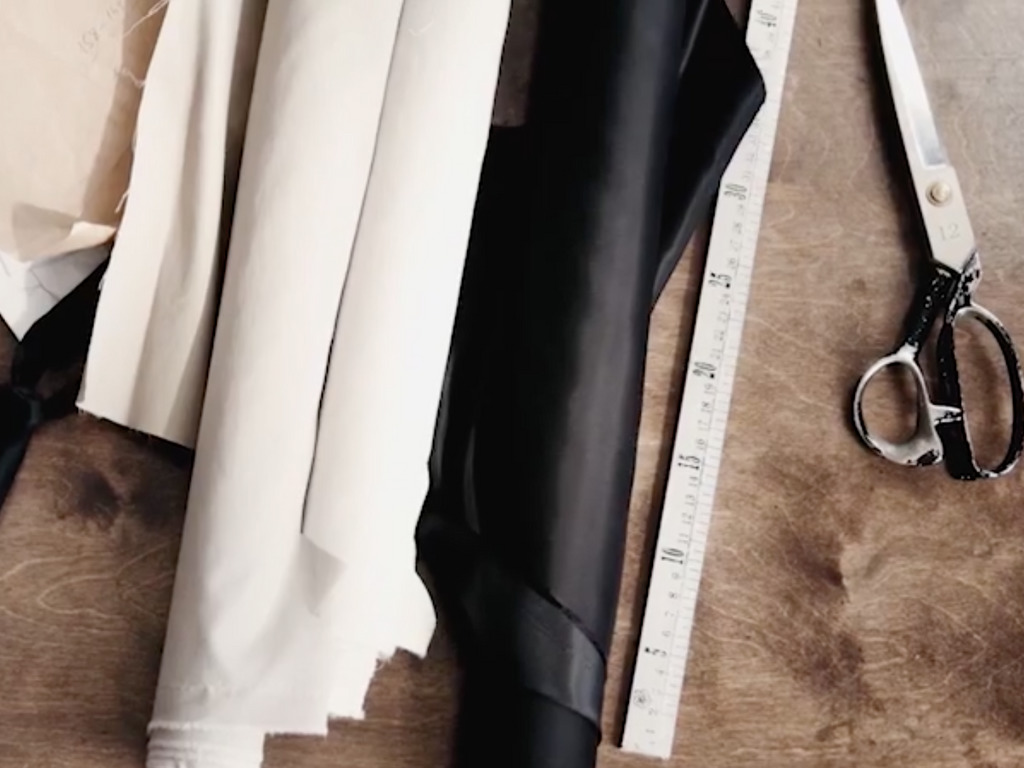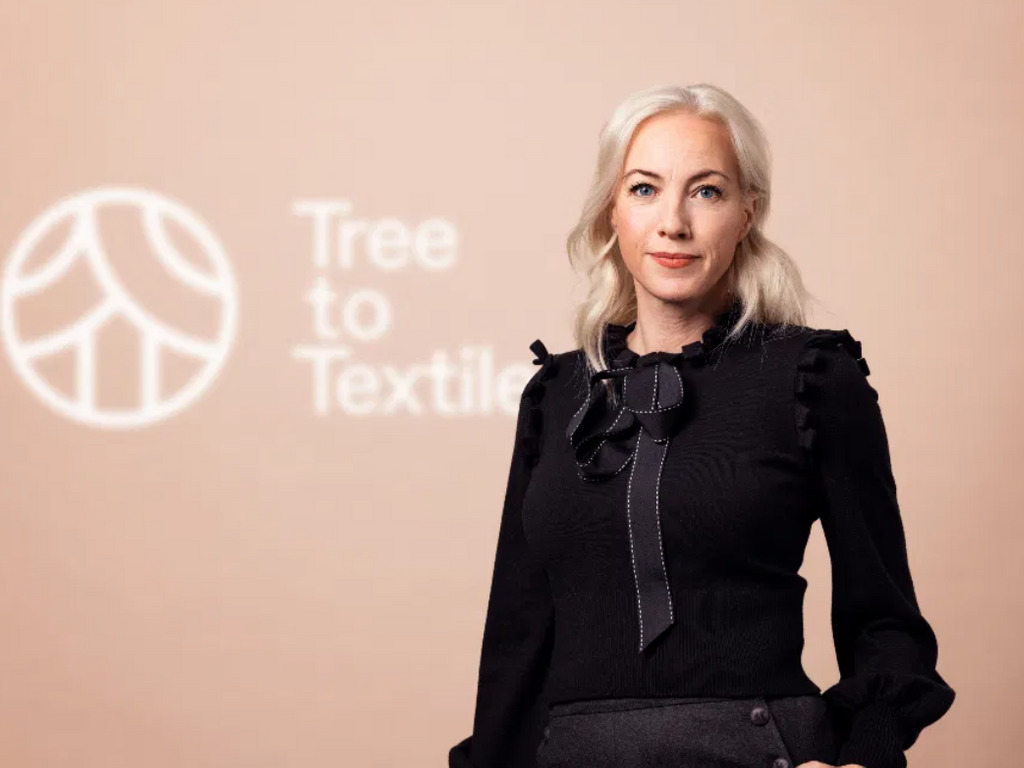3 Mins Read
Sweden-based TreeToTextile recently invested EUR€35M (approx. US$42M) in constructing a demonstration plant in Sweden to upscale the production of new sustainable textile fiber.
Owned by H&M Group, Inter IKEA Group, Stora Enso, and LSCS Invest, TreeToTextile, a purpose-driven technology development company, is a member of Textile Exchange. as well as a supporting organization to the United Nations Framework Convention on Climate Change (UNFCCC) Fashion charter, working in the raw materials group.
The company has recently invested in a new demonstration plant that will be built at Stora Enso’s Nymölla mill in southern Sweden with construction beginning in spring 2021.
The aim of this plant is to commercialize a new sustainable textile fiber through scalable technology and low manufacturing costs and for this, the production capacity of the plant will be 1500 tons of fiber per year.
By committing to help brands and companies, TreeToTextile offers a new technology that will produce affordable regenerated cellulosic fiber, biobased textile fibers that are produced from renewable and sustainably sourced raw materials from the forest thus having a low environmental footprint.
In a press release seen by Green Queen, TreeToTextile’s CEO Sigrid Barnekow said: “Our technology has the potential to reduce the environmental footprint of the textile industry significantly. With our owners’ support, innovative agendas, know-how, and size, we assess that TreeToTextile can play an important contributing part globally, in enabling the textile industry to become sustainable and circular.”

Our technology has the potential to reduce the environmental footprint of the textile industry significantly. With our owners’ support, innovative agendas, know-how, and size, we assess that TreeToTextile can play an important contributing part globally, in enabling the textile industry to become sustainable and circular
Sigrid Barnekow, CEO, TreeToTextile
The plant will cost EUR€35M (approx. US$42M), and will be funded with an investment of EUR€27,4M (approx. US$33M) from the owners. TreeToTextiles also received a grant of EUR€7.6 million (approx. 9.2M) from the Swedish Energy Agency.
The company further claims that the wood can be traced back to its origins and where the forests were harvested, replantation efforts will be carried out thus continuing to conserve and protect the biodiversity of that area. This is in tandem with its advocacy efforts that aim to eliminate forest degradation and deforestation and manage regenerative projects on degraded land, deforested areas, and agriculturally cultivated areas.
A third-party verified Life-Cycle-Assessment (LCA) study confirms the company’s sustainability performance and the process is designed to have a lower energy demand and will use fewer chemicals and this along with water will be recycled and reused from time to time with zero sulfur emissions during production.
Roxana Barbieru, chairwoman of TreeToTextile; and vice president of Emerging Businesses and Alliances Management Biomaterials at Stora Enso said that the key to creating real change is cooperation. “We are a young organization and at the beginning of our operations, but by investing in a demonstration plant, we are finally on the go. With it we are turning years of R&D into reality to increase the biobased share on the textile market to support climate action. That is why this is an important point in time, not only for TreeToTextile.”
As consumer demand for alternative and more sustainable products has increased, animal-free and sustainable textiles are slowly gaining momentum.
For instance the H&M group has also offered its support to another company, Infinited Fiber Company, a Finnish biotech that has developed a circular solution that turns discarded textiles into high-quality, bio-based regenerated fibers. The fashion giant joins other leading names – Bestseller, PVH, Wrangler, Suominen, and Patagonia, that are also supporting this biotech.
Another biotech, California-based Bolt Threads has attracted big fashion players, launching a new consortium alongside Adidas, Kering Group, Lululemon, and Stella McCartney to introduce its vegan mushroom leather dubbed ‘Mylo’ to consumers.
In May of last year, a new nonprofit organisation, Material Innovation Initiative (MII), launched in an effort to accelerate innovation in the sustainable and vegan material space with the use of plant-based ingredients as well as lab-grown technology and incorporate them into a range of industries, including fashion, furniture and automotive sectors.
Lead image – TreeToTextile CEO Sigrid Barnekow. courtesy of Amanda Nilsson



